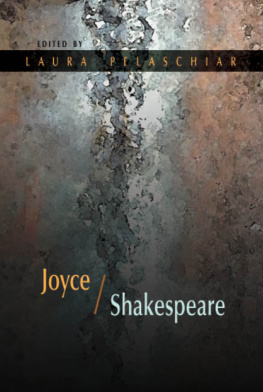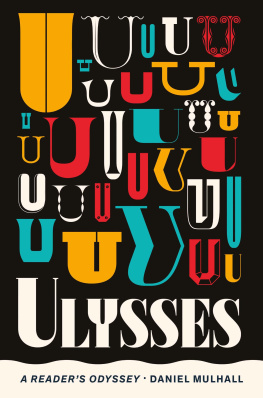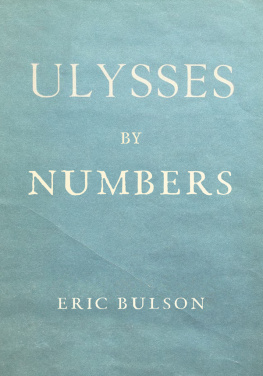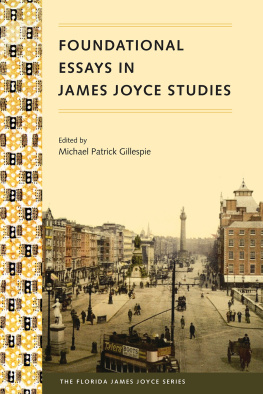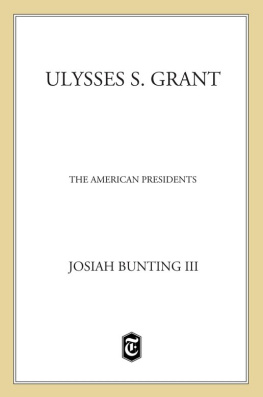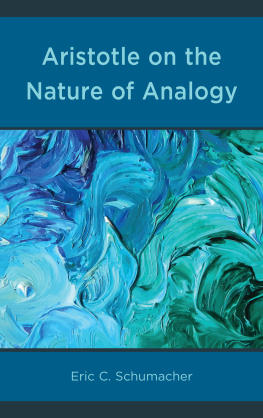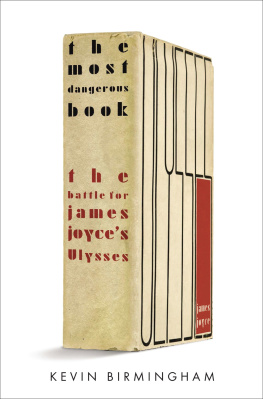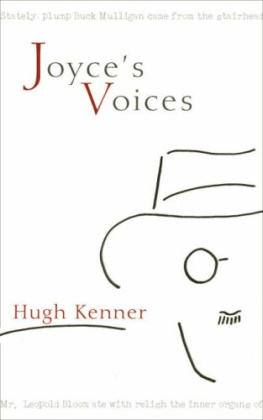Table of Contents
Guide


OTHER TITLES FROM IRISH STUDIES
All Dressed Up: Modern Irish Historical Pageantry
JOAN FITZPATRICK DEAN
Compassionate Stranger: Asenath Nicholson and the Great Irish Famine
MAUREEN OROURKE MURPHY
The Irish Bridget: Irish Immigrant Women in Domestic Service in America, 18401930
MARGARET LYNCH-BRENNAN
Irish Women Dramatists 19082001
EILEEN KEARNEY AND CHARLOTTE HEADRICK, eds.
James K. McGuire: Boy Mayor and Irish Nationalist
JOSEPH E. FAHEY
Memory Ireland: Volume 4; James Joyce and Cultural Memory
OONA FRAWLEY AND KATHERINE OCALLAGHAN, eds.
Representing the National Landscape in Irish Romanticism
JULIA M. WRIGHT
The Urban Plays of the Early Abbey Theatre: Beyond OCasey
ELIZABETH MANNION

Copyright 2015 by Syracuse University Press
Syracuse, New York 13244-5290
All Rights Reserved
First Edition 2015
15 16 17 18 19 20 6 5 4 3 2 1
The paper used in this publication meets the minimum requirements of the American National Standard for Information SciencesPermanence of Paper for Printed Library Materials, ANSI Z39.48-1992.
For a listing of books published and distributed by Syracuse University Press, visit www.SyracuseUniversityPress.syr.edu.
ISBN: 978-0-8156-3389-1 (paperback) 978-0-8156-5312-7 (e-book)
Library of Congress Cataloging-in-Publication Data
Joyce/Shakespeare / edited by Laura Pelaschiar. First edition.
pages cm. (Irish studies)
Includes bibliographical references and index.
ISBN 978-0-8156-3389-1 (pbk. : alk. paper) ISBN 978-0-8156-5312-7 (e-book)
1. Joyce, James, 18821941Criticism and interpretation. 2. Shakespeare, William, 15641616Influence. I. Pelaschiar, Laura, editor.
PR6019.O9Z66956 2015
823'.912dc23 2015008853
Manufactured in the United States of America
Contents
Introduction
LAURA PELASCHIAR
S hakespeares presence in Joyce is such an overwhelming affair that introducing a collection of essays which courageously attempt to focus on this nexus is indeed a hard task.
A vindication of the title could perhaps be a good starting point. Joyce/Shakespeare: how should one translate the connection that the silent slash is meant to represent? To which preposition or conjunction does the symbol give voice? Shakespeare in Joyce? Shakespeare through Joyce? Joyce through Shakespeare? Joyce versus Shakespeare? Joyce after Shakespeare? Joyce and Shakespeare? Joyce beside Shakespeare? Joyce despite Shakespeare? Joyces Shakespeare? The impression is that any of them, and others as well, would validly direct the critic or reader to equally plausible and fertile perspectives.
Shakespeares existence in Joyce is tentacular and functions on many different levels: cultural, structural, political, thematic, contrapuntal, imitational, quotational/misquotational, stylistic, lexical, psychological, or psycholiterary. The J/S nexus is a fascinating and inexhaustible literary workground also because of the tricky nature of the relationship that Joyce formed with the Bard. In comparison to any other literary bond, Homer included, the Shakespearean one is for Joyce much more complex, extends more widely, and feels less controllable. The inkling is that Shakespeare represented a sort of psychoartistic inevitability, a something Joyce did not want to love so much and yet that he could only love so much despite himself. In order to roughly symbolize this dynamic, a pseudo-Freudian Verneinung of I love thee (not) might be adopted: on the one hand, Joyce voiced objections to Shakespeares art throughout his life; on the other hand, in his own texts the love he felt for the English writer emerges clearly as artistic creation. It is also important to observe and keep in mind that while his art was becoming more sophisticated, complex, and demanding, and he was metamorphosing from being the writer of Dubliners to that of Portrait of the Artist as a Young Man and later of Ulysses and Finnegans Wake, Joyce needed Shakespeare more and more for and within his creative process. This is why Ulysses and Finnegans Wake are more Shakespearean than his earlier texts.
Yet Joyces skepticism of Shakespeare remained a constant element and manifested itself very early on, in his 1899 University College Dublin paper on the dramatic inadequacies of Macbeth (Ellmann 1982, 58) and his contextual anti-Stratfordian positions (59). This early anti-Bardism should not be simply dismissed as juvenile competitive literary opining because Joyce continued to find imperfections, failures, and implausibilities in Shakespeares works, objecting in particular to flaws in Hamlet (Stanislauss Trieste Diary [Joyce 1908]) and Othello (Budgen 1972, 179) and asserting Ibsens superiority as a playwright with unabashed confidence throughout his life. His admiration for the Norwegian giant is certainly sincere and profound, but it is impossible not to notice how instrumental it also was in enabling Joyce to articulate a contextual critique of Shakespeares dramatic art.
Harold Bloom calls Ulysses and Finnegans Wake Shakespeare- soaked epics (Bloom 1994, 506). Bloom is the critic who, more than any other, reads the Joyce/Shakespeare nexus in psycholiterary terms. Of course he is motivated by his own agenda and by his idea of literature, which is agonistic and competitive rather than contaminative. No surprise, then, that chapter 18 of his Western Canon, Joyces Agon with Shakespeare, rests on the contention that James Joyce, who rarely lacked audacity, conceived of Shakespeare as Virgil to himself as Dante (413). Yet Blooms vision is too limited. In his view, Joyces struggle with Shakespeare happens mainly at a linguistic level: in the Wake Joyce finally manages to give full form to his envy by breaking away from the English of Shakespeare, and his desire to play at replacing English with the dialect of the Wake, the language of the outlaw becomes detectable (428).
Shakespeares presence in Joyce amounts to so much more than a competition for the possession/dominance/invention of an English artistic language. Of course Joyces attitude toward Shakespeare cannot but be complicated by the colonial history of Ireland, and his Shakespeare-skepticism must also be comprehended within a postcolonial framework of reference. Yet the impression is that his antagonism transcends postcolonial boundaries, and if there is any parallelrather than competitionconcerning their national significance as writers, it is related to the fact that the forging of the uncreated conscience of his race which Joyces alter ego, Stephen, identifies as his spiritual, cultural, and artistic mission at the end of Portrait turned out also to have been Shakespeares own achievement or accomplishment for England, even if he did not seek to realize it in such a programmatic and explicit manner. From this point of view, a paradox which renders the connection even more interesting is that while Shakespearethe voice of the British Empireadopted as its artistic medium a dramatic genre that was accessible to and indeed accessed by the vast majority of the English population of his time (or at least by the people of London), Joycethe British colonial subject in exilechose to write difficult works that only an educated and devoted lite would be able to tackle.
Next page
